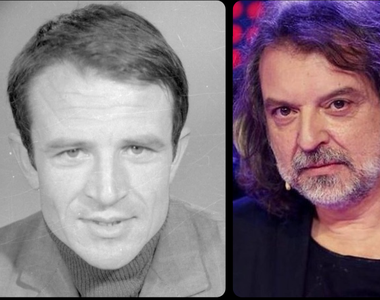
Shortly before, Mimi Kodheli was publicly charged for plagiarism in her doctoral thesis "Inflation Targeting Regime: A Proposal for Albania". The student who pointed out, Vladimir Kola, put the three pages that Kodheli translated and presented as his own. In the end, Kola writes that the original work, that of Frederic S. Mishkin, is listed as a consultative literature, but not as a reference to the paragraphs received verbatim. While other authors, from whom Kodheli seems to have taken some paragraphs, are not finally listed as literature.
In the concept, the MP's action remains plagiarism, ie stealing an idea and presenting it as a personal one. I do not intend to defend him because Kodheli was grown up, responsive and aware of what he was doing at the time he wrote the thesis and when he decided not to include references to some of the speakers where he relied. As he received paragraphs from Mishkin, he also received from two other authors, which makes it even more intolerable. So there was no accidental action.
However, I can not even call it malignant plagiarism. I do not believe that Kodheli did not start with the idea of ??getting to someone else and benefiting from it. Moreover, the impact of the copying culture that exists in Albania, the lack of respect for the work of the other and the lack of merit, is notable. Since the early years of education, less good students copy from the best and nobody impresses. Although best deserves to be valued for the work of others to be punished, the knowledge is dispensed in this way unfair. Even if the good student does not tell others and does not allow him to copy, stigmatize, mocks and remains alone. Consequently, those who are copied allow this to happen, though it simply hurt and toss it down. On the other hand, copying is never seen as the least. In fact, they never feel repentance, otherwise they will not be copying.
In gymnasiums and faculties, it happens that exam theses are discovered before the exam and are distributed among students and no one is eye-catching. At no time, students do not think that what they are doing is immoral and more than their own. The purpose of an exam is to test the knowledge and if I know the questions, it does not test anything. By copying or knowing in advance the questions of an exam, the goal varies. Instead of learning and learning, students aim to go well or go. So, it's enough to get the grade and not the knowledge or skills that each grade is supposed to support.
Even in Kodel's case, the purpose justified the vehicle. It - and certainly others who did the same thing - needed a few paragraphs, so it took them because it could and because it was worth the final goal. In this case, the grade replaces the rank.
Even in the online media world, one's original work is often ignored. Almost every day we see an article taken literally from elsewhere, without quoting either the source. It is the same thing, remains plagiarism.
This accusation does not automatically undermine Kodheli's accomplishments or abilities, but mitigates the little respect people may have for him.
Yes, copying is not a shame. But it must be.





